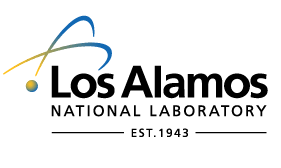
LANL PGM-Free
| Project ID | 7ff8ea0e-acca-437b-81c7-0af90a903ff8 |
|---|
Accessible PGM-free Catalysts and Electrodes
Recipient Los Alamos National Lab/LANL (PI: Jacob Spendelow)
Abstract Substantial cost reduction is needed to enable widespread deployment of fuel cells for transportation and other applications. Since platinum group metal (PGM) catalysts are projected to account for nearly half the cost of a fuel cell stack, replacement of PGMs with PGM-free catalysts is an attractive route to cost reduction and accelerated commercialization. Despite a major research effort that has resulted in significant kinetic improvements in recent years, performance of PGM-free oxygen reduction reaction (ORR) electrodes remains far below that of state-of-the-art (SOA) PGM-based electrodes, with high-current performance being particularly problematic. To achieve target power densities, improvements in electrode transport and in catalysis are equally important. This project will address both. The proposed project will comprise two thrust areas: 1) accessible electrode structures and 2) accessible catalysts. The first thrust will develop innovative electrode structures for enhanced O2 and H+ transport at the micron scale that will enable SOA PGM-free catalysts developed in ElectroCat to achieve a step change in high-current performance. The second thrust will develop new catalysts, which will be synthesized from the bottom up with high active site density and high active site accessibility to O2 and H+ at the nanometer scale in mind.
